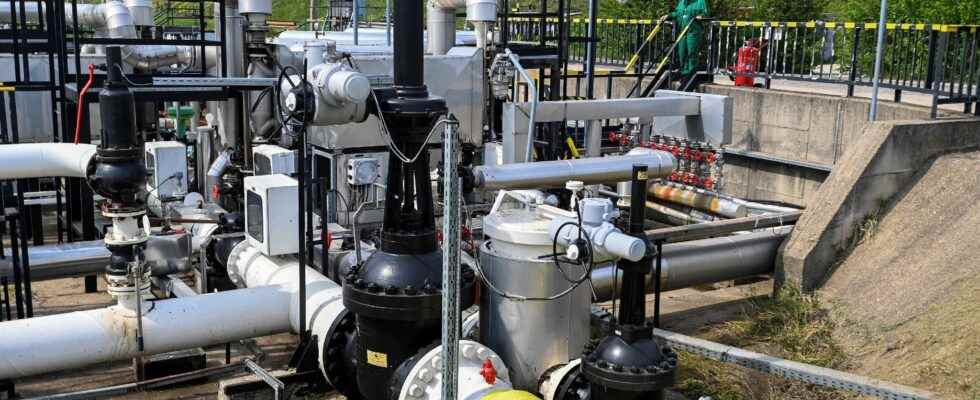In the latest edition of its half-yearly forecast, the IMF announced that Russia would return to the path of positive growth in 2024. This growth should even be, that year, higher than that of the euro zone. It was enough for the Poutinophiles who invaded the social networks to be unleashed with great blows of “the sanctions hit Europe more than Russia”. More serious: many journalists and editorialists have taken up this refrain without understanding these figures. It is quite possible that the Russian economy will recover in 2024. But this slight improvement would come after the recession of 2022 (-2.2%) and the virtual stagnation of 2023 (+0.3%). For its part, the euro zone has shown great resilience over the past year and has avoided recession. Finally, according to the IMF, between 2021 and 2024, the GDP of the euro zone will have increased by 6% and that of Russia will have been stable.
To say that Western sanctions spare Russia and turn against us is simply archaic. Let us add that between these two dates, prices will have increased by 25% in Russia and by 17% in the euro zone. Another way to calculate the effect of the sanctions is to estimate what Russia’s GDP would have been at the start of 2023 without the war, if the economy had continued on its path. The difference between reality and this theoretical figure is around 20%!
One year after the start of the sanctions, on the basis of the data we have, here is how to sum things up: 1/ Trade restrictions have had less impact than expected; 2/ Sanctions erode Russia’s military potential 3/ Embargoes on Russian oil imports have had more impact than expected, so they need to be reinforced. Sanctions aimed at commercially isolating Russia have redirected its foreign trade to China. The Russian war economy makes intensive use of semiconductors and, more generally, of electronic products which equip its armament and its drones and which it is unable to produce itself. These products were partly imported from Germany before the war. They are now almost exclusively from China (including Hong Kong). Since the start of the war, Russian imports of Chinese semiconductors have doubled. China denies helping Russia, but some of the equipment incorporated into Russian weapons is manufactured by Chinese state-owned defense companies such as Poly Technologies. China is happy to find a new market, however small. Russia is therefore not isolated, but it is vassalizing itself to the benefit of a Chinese supplier who has the ability to sell products of unequal technological quality to it at a high price (some recent deliveries have even been defective). Western sanctions therefore probably diminish the quality of Russian armament.
For a total boycott of Russian gas and oil
If the measures taken to isolate Russia commercially may have proved disappointing, this is not the case with the restrictions on oil imports. Since December 5, the European Union (EU) and the G7 no longer buy Russian crude oil by sea. Since February 5, this ban has extended to refined products such as diesel, kerosene or tar. Before the war, Russia supplied the EU with half of its diesel purchases. At the beginning of the year, this proportion had already been halved.
The EU can buy a lot of diesel from the United States, Arab and Gulf countries, and above all from India, which now has huge refining capacities. Admittedly, almost 30% of Indian oil is bought from the Russians. But the Indians, like the Chinese, buy Russian hydrocarbons at a bargain price. The price difference between a barrel of Brent (the world reference index) and a barrel of the Urals (the reference for Russian exports) is around 40 dollars! In addition, margins are higher on refining than on extraction. Thus, European sanctions act as a transfer of resources from Russia to India, while sparing our ability to supply ourselves. The Russian state budget started the year with a huge deficit, around 1% of GDP in January alone, which weakens its potential for military spending. The European Union and the G7 must henceforth aim for a total boycott of Russian gas and oil, in all its forms, as soon as possible.
